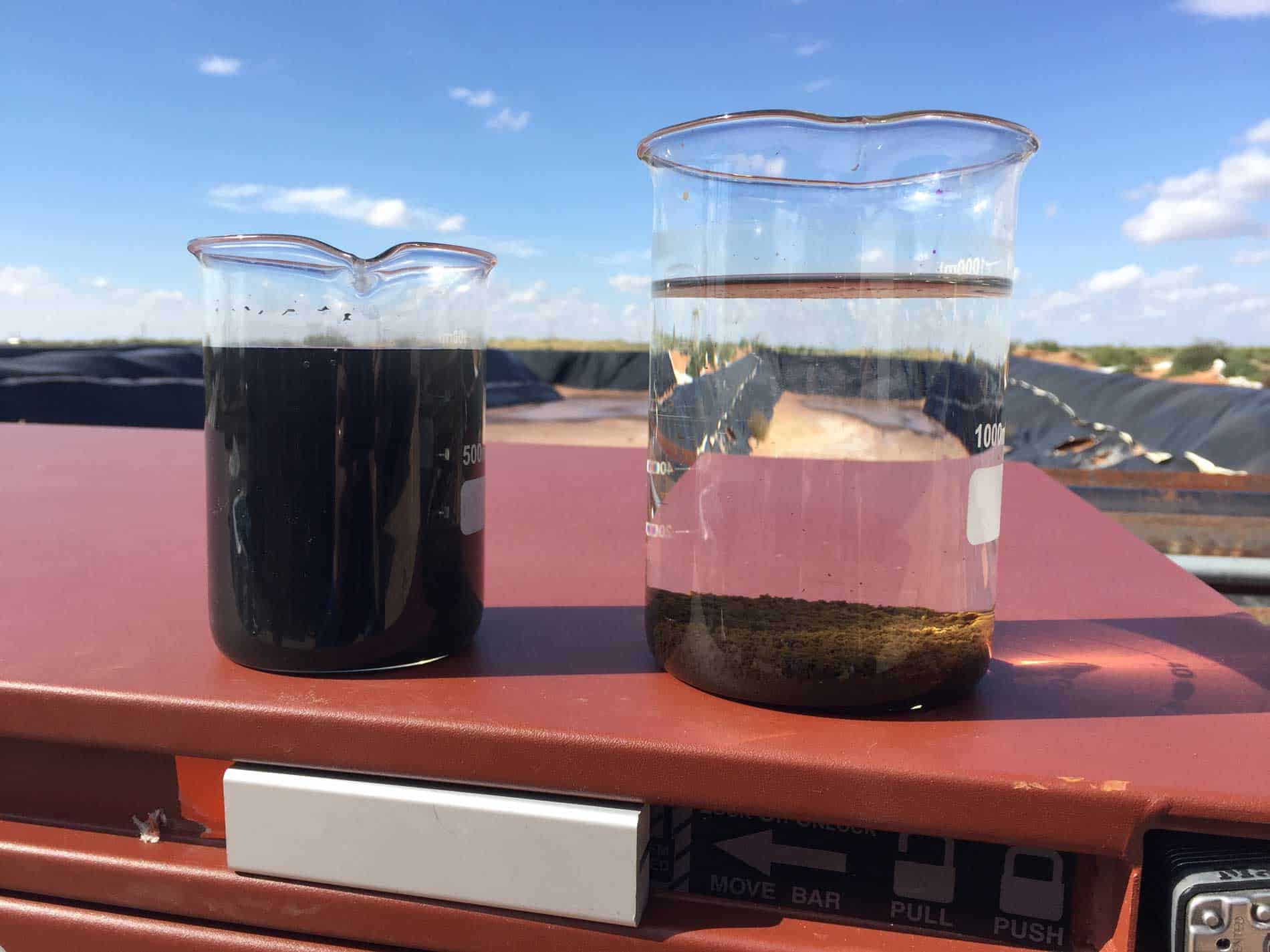JIS K0102 Sulfide Content in Industrial Water Test
The JIS K0102 standard is a critical guideline used to measure the sulfide content in industrial water. This test is essential for ensuring that water meets regulatory and safety standards, which are crucial in industries such as oil & gas testing where produced water management plays a vital role.
Produced water from oil & gas operations contains various dissolved chemicals and compounds, including sulfides. Monitoring the level of sulfide content helps prevent corrosion in pipelines and equipment, mitigate environmental impacts, and comply with stringent regulations set by governing bodies such as JIS K0102.
The test involves several steps to accurately measure the sulfide content:
- Sample Collection: Properly collect a representative sample of industrial water. This should be done in accordance with standard procedures to avoid contamination and ensure accurate analysis.
- Preliminary Treatment: The collected sample may require preliminary treatment, such as pH adjustment or filtration, depending on the nature of the water and the analyte being measured.
- Chemical Analysis: Conduct a chemical reaction using reagents that specifically target sulfide ions. This step is crucial to ensure accurate measurement.
- Detection and Measurement: Measure the resulting product or byproduct, which indicates the level of sulfide in the water sample.
- Reporting Results: Compile a detailed report of the findings, including the method used, the concentration of sulfides detected, and any recommendations for corrective action if necessary.
The test adheres to JIS K0102 standards which outline precise methodologies and acceptance criteria. Compliance with these standards ensures that water quality is consistent and meets regulatory requirements, thereby enhancing operational safety and environmental protection.
Understanding the sulfide content in produced water can help companies in the oil & gas sector make informed decisions regarding water treatment processes and disposal methods. This knowledge is pivotal for maintaining compliance with international regulations such as JIS K0102.
Why It Matters
The sulfide content in industrial water, particularly produced water from oil & gas operations, can have significant implications on both operational efficiency and environmental sustainability. Excessive levels of sulfides can lead to several adverse effects:
- Pipeline Corrosion: Sulfides react with iron in the pipeline material to form iron sulfide, which accelerates corrosion.
- Environmental Impact: Released into the environment, high concentrations of sulfides can cause ecological imbalances and harm aquatic life.
- Health Risks: Exposure to hydrogen sulfide gas (H2S), a byproduct of decomposing organic matter containing sulfur, poses significant health risks. It is highly toxic and flammable.
- Risk Management: Regular testing helps in risk assessment and mitigation strategies, ensuring that operational processes are safe and efficient.
By conducting the JIS K0102 sulfide content test, companies can proactively address these issues, leading to improved operational performance and reduced environmental impact. This proactive approach aligns with broader sustainability goals within the oil & gas sector.
Regular testing also ensures compliance with international standards such as JIS K0102, thereby fostering trust among stakeholders and regulatory bodies.
Industry Applications
- Oil & Gas Production Facilities: Monitoring sulfide content helps in optimizing water treatment processes to prevent corrosion and minimize operational risks.
- Water Treatment Plants: Ensuring compliance with JIS K0102 standards enhances the reliability of treated water, making it suitable for various industrial applications.
- Environmental Compliance: Regular testing supports adherence to environmental regulations, reducing potential legal and reputational risks.
- Risk Management: By identifying and addressing sulfide-related issues early, companies can mitigate costs associated with equipment replacement and downtime.
The JIS K0102 sulfide content test is particularly valuable in ensuring that industrial water meets quality standards across diverse applications within the oil & gas industry. This includes produced water management, which involves treating and reusing water to minimize fresh water consumption and reduce environmental footprint.
International Acceptance and Recognition
The JIS K0102 standard for measuring sulfide content in industrial water is widely recognized and accepted internationally. Its acceptance is due to its robust methodology and stringent criteria, which ensure accurate and consistent results.
Many industries, especially those involved in oil & gas operations, rely on this test to maintain compliance with global standards:
- Oil & Gas Industry: Ensures that produced water meets quality standards for reuse or discharge.
- Environmental Agencies: Use the results of JIS K0102 tests to enforce environmental regulations and policies.
- Regulatory Bodies: Incorporate the findings into compliance reports and audits, ensuring that industries are adhering to best practices.
The widespread adoption of JIS K0102 underscores its importance in maintaining high standards for water quality across various sectors. By leveraging this standard, companies can demonstrate their commitment to sustainability and operational excellence.





